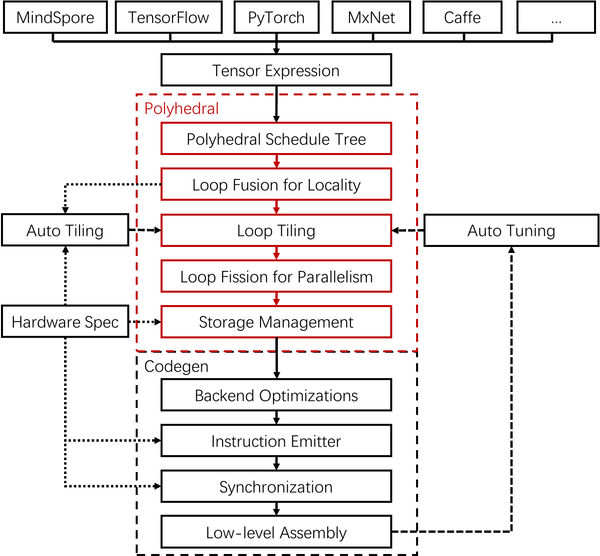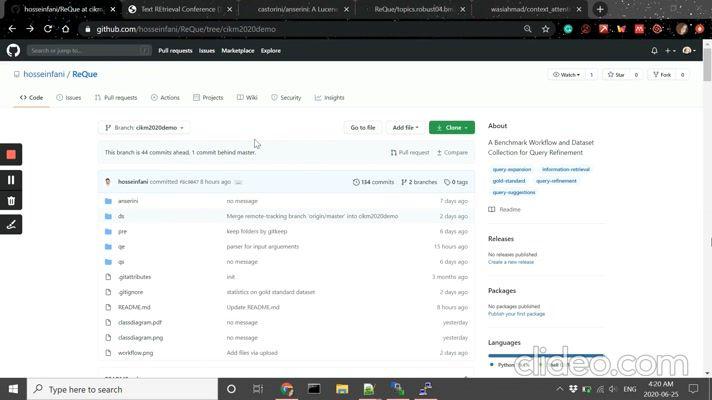Abstract:
This paper presents an extension to Liquid Haskell that facilitates stating and semi-automatically proving properties of typeclasses. Liquid Haskell augments Haskell with refinement types—our work allows such types to be attached to typeclass method declarations, and ensures that instance implementations respect these types. The engineering of this extension is a modular interaction between GHC, the Glasgow Haskell Compiler, and Liquid Haskell’s core proof infrastructure. The design sheds light on the interplay between modular proofs and typeclass resolution, which in Haskell is coherent by default (meaning that resolution always selects the same implementation for a particular instantiating type), but in other dependently typed languages is not. We demonstrate the utility of our extension by using Liquid Haskell to modularly verify that 34 instances satisfy the laws of five standard typeclasses. More substantially, we implement a framework for programming distributed applications based on replicated data types (RDTs). We define a typeclass whose Liquid Haskell type captures the mathematical properties RDTs should satisfy; prove in Liquid Haskell that these properties are sufficient to ensure that replicas’ states converge despite out-of-order update delivery; implement (and prove correct) several instances of our RDT typeclass; and use them to build two realistic applications, a multi-user calendar event planner and a collaborative text editor.









































